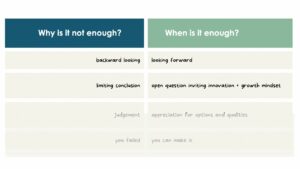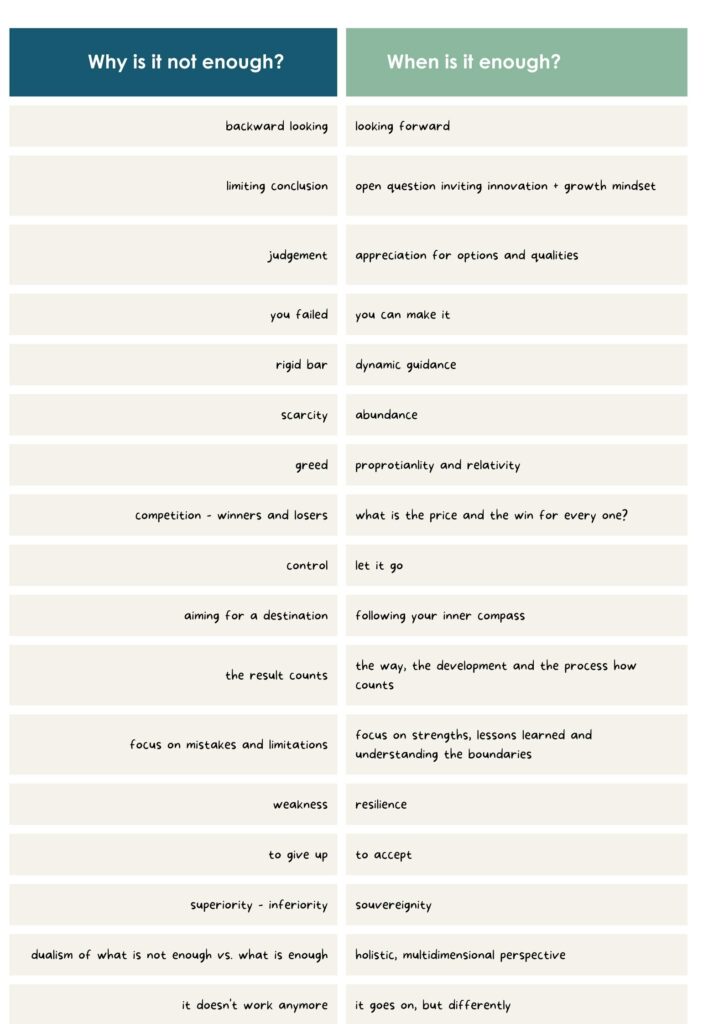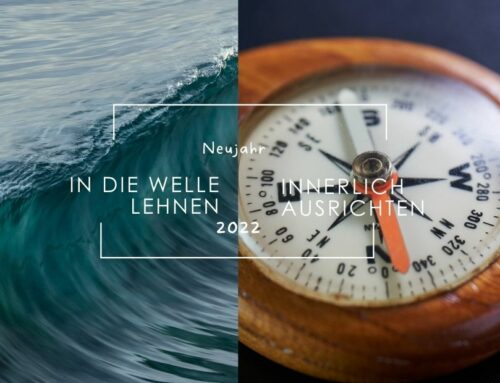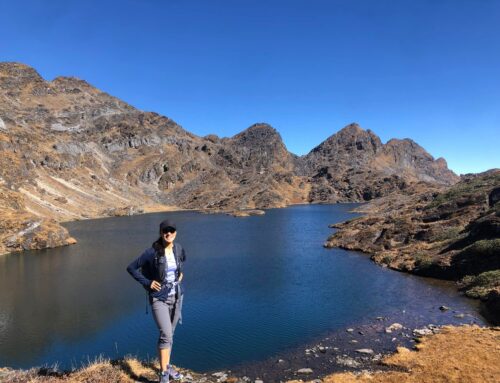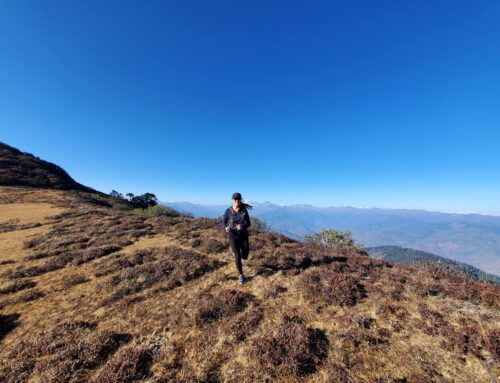Happiness skills: how to create a mindshift
What my workout has to do with the day of happiness on March 20th.
I wasn’t happy at all this week. I felt constantly tired, listless and immobile. At first I thought I was sick. I did an antigene test almost every day: the Corona app had been signaling for days that I had been in contact with infected people and the positive cases were piling up everywhere in my family and circle of friends.
The Illusion of Control
I thought that I had my body under control and that I was fit: almost a year ago I had become active again after a break from training for more than a year. I felt an healing effect from an injury. My body became more flexible, lighter, stronger. This spring I have a new project: after 5 years I finally want to hike the Camino de Santiago for several days at a time. It starts in 3 weeks.
Overexertion + Frustration
And so I had been very active the previous week. I went to the gym several times and had a trainer show me tricks to strengthen my legs and torso for the multi-day strain. I ran my 8 km lap in the forest and then I booked a “Detox Yoga” online course for the weekend, with 4 sessions over 3 days. Last Sunday friends called and suggested that we take advantage of the nice sunny weather for a little bike ride. It was a completely harmless little tour of not even 10 km!
Well, and then, as said, this week came. When the Corona rapid test did not work even after the 4th test, and no real cold symptoms or other signs of illness appeared, and there were no other reasons for increased stress – apart from the undoubtedly overwhelming global news situation – I had to admit to myself: I had overworked myself the week before.
Am I not trying hard enough?
Have I still not trained enough? Why was my body going limp? My mind and my moral really drained down south!
A question from my teacher of happiness and the common good, Tho Havinh, came to mind. In an interview he recently gave at the Old Palace in Stuttgart, he asked the question: “When is it enough?” Of course, in this context, this did not refer to the physical fitness of a woman going through menopause and her training success. It was about resilience, happiness and the common good in society and the economy – and why particularly rich and powerful economies such as the United States or some European countries are struggling with mental health problems on a large scale.
What does it take to be happy – in the face of all misfortune? The right question allows a change of perspective – it’s not about boundless well-being and security – it’s not about performance pressure, it’s about understanding what generates growth and regenerative value creation from the individual context:
Mindshift as an happiness skill through asking the right question:
When is it enough?
Looking back at the last two weeks and my training development, the conclusion is: Not faster, higher, further. The right understanding of quality, sustainability and awareness of the right rhythm of rest and action generates growth. Finally, I should not forget that my body is constantly in motion, both during rest periods and during moments of increased exertion. So I can accept when my body tells me “enough!” This is not a dead end without progress – on the contrary, I can clearly feel the development that I have made over the past few months! And when I listen to my body, I also understand what my body needs right now – and that’s not the same every day!
What applies to the mental and biochemical processes in my body also applies to my responsibilities in everyday life, in my relationships with family and friends. The answer to the question “when is enough” also becomes the guiding star for my professional success and for a relevant added value for my customers!
Courage for transformation means not finding the right answers, but asking yourself the right questions and developing a change of perspective as a happiness skill.
